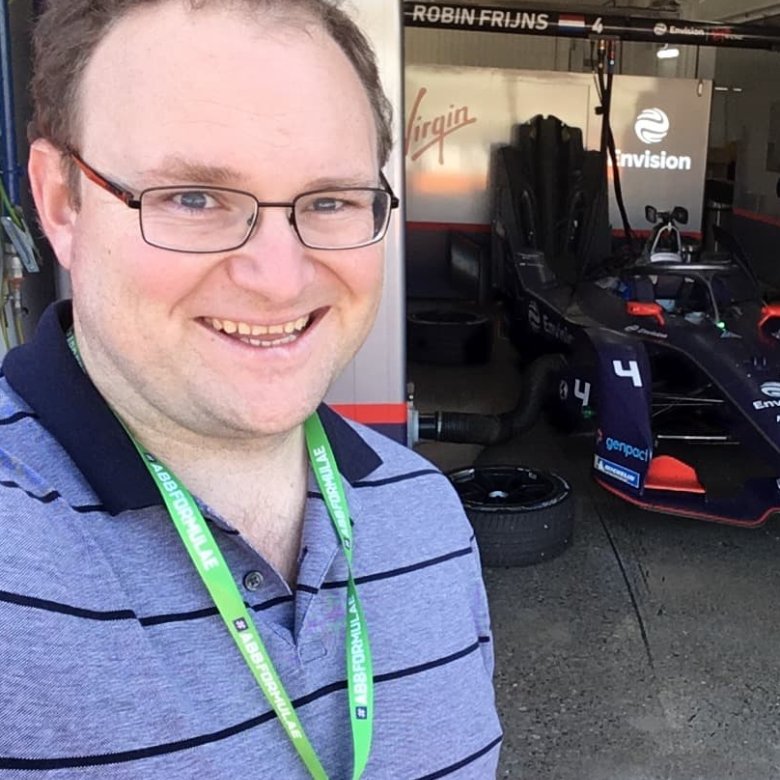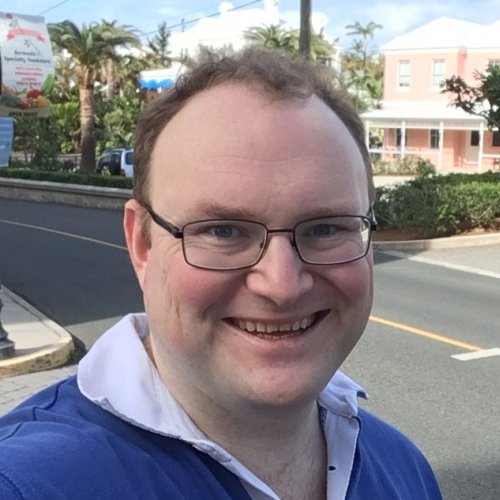Lecturer shortlisted for award for exposing international superconductor fraud
11 June 2024

Creative Writing BA lecturer and journalist Dr Kit Chapman has been shortlisted for a national award for his work exposing a multimillion dollar superconductor fraud.
His piece, published on independent digital magazine Undark, examined the work of a now discredited scientist working with superconductors. The piece has been shortlisted by the Association of British Science Writers for the Steve Connor Award for Investigative Science Journalism, which rewards complicated evidence gathering and reporting.
Kit’s background as a chemist and science writer stood him in good stead when it came to exposing the fraud. “As some background, superconductors allow electricity to move through them without resistance, and usually only work at the coldest temperatures possible. My investigation looked at the work of physicist Ranga Dias, who claimed to have made one work at room temperature - albeit only when it's squeezed to pressures greater than the core of the sun.
“If it was real, the energy crisis would have ended overnight, and we would have been able to build everything from cheap health scanners to levitating trains.” During the investigation, Kit spoke with physicists, researchers and more first-hand – including those who investigated previous projects making similar claims, and – incredibly – Dias himself.
“I wanted to investigate if Dias had made an amazing breakthrough, easily worthy of a Nobel prize, or if it was too good to be true. It turned out several physicists had noticed some fishy patterns in his results - and, looking closer, thought that someone had altered the graphs on purpose. As they dug deeper, I told their story... and now Dias's papers have been discredited, and he's been accused of faking the whole thing.”
This isn’t the first exposé piece that Kit’s written about. A YouTube video that references Kit’s book Superheavy about fraudsters who tried to fake an element has gained 11 million views. Reflecting on his recent piece, Kit says “This was trickier because the whole process was still ongoing, so it was a matter of unpicking some very complex accusations, and also being rigorously fair to all sides. The last thing you want to do is libel someone!”
However, as much as ‘getting the story right’ was hard with such high-level reportage, it wasn’t the most difficult element of the piece. “The toughest part was explaining what happened to readers who don't have a PhD in high pressure physics!” says Kit. “Stories like these can be really intimidating, so I have to work hard to tell the story in a way that's fascinating and accessible for everyone.”

“It was also really important that I spoke to Dias myself, so I could get his view of what happened. It's very easy to leap to conclusions when telling a story, and now we have his side of the story recorded, too.”
- Kit Chapman
On whether he was nervous about ultimately publishing the piece, Kit says “I ran it past several experts first to make sure the science was right, and I only based my information on documented fact. As a journalist, one of the most important things is to make sure you've got the story right - and in fact this one took several months of edits and discussion with the team before we went and published it.”
The winners will be announced on the 3rd July at the Association of British Science Writers’ annual award ceremony.
About Dr Kit Chapman
Kit spent 15 years writing for major publications such as the Daily Telegraph and New Scientist before joining Falmouth University as a lecturer in 2022. Kit has released two books, Superheavy and the award-winning Racing Green which offer a digestible storytelling approach to complex scientific advancements.
Kit is currently writing two children's books with the Royal Society of Chemistry, called the Expert's Guide to the Periodic Table and the Expert's Guide to Chemistry. Both will be out in 2025.
External Links
Kit Chapman Website
Kit Chapman Twitter
Read more articles about Kit Chapman




